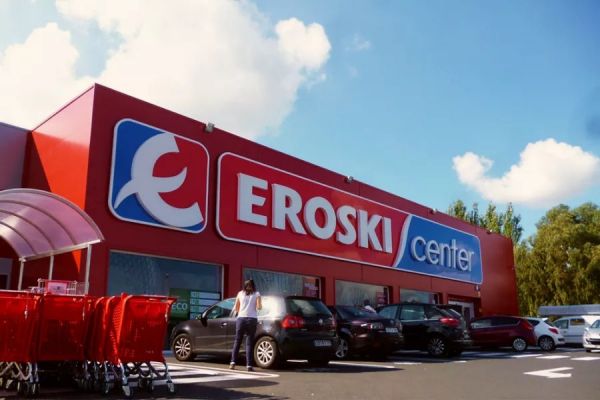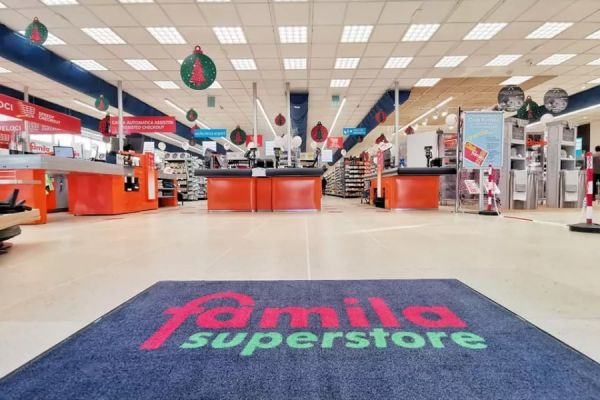The same products in Serbia are on average more expensive by 18.5 per cent than in the EU, as retailers have to include other costs imposed on them by the state. The Network for Business Support (BSN) compared the regulations and procedures in the retail sector in Serbia and six EU countries (Slovakia, Czech Republic, Poland, Hungary, Romania and Austria), as well as the pricing of 12 product groups (dairy products, bulk meat, processed meats, pasta, non-alcoholic beverages, confectionery, mens clothes, womens clothes, baby clothes, footwear for adults, TV sets, computer equipment and related devices).
Serbia is among the four poorest European countries in terms of purchasing power.
Nevertheless, the lack of regulatory reform has forced retailers to include dozens of different bureaucratic obligations and costs, through trading margins, into the product price.
Thus, Serbian consumers, only for the purchase of 12 product groups, pay €420 million more per year compared to consumers in Slovakia, the Czech Republic and Austria.
For example, when sampling groceries and swabs of working surfaces, the Serbian state does not refund the money, costing retailers over €6 million/year, so they must incorporate the cost in the price. In many EU countries the retailer receives the money within 15 days.
Also, the obligation of measuring lighting factors for every 50m2 and periodic determination of microclimate conditions, comes at no cost to retailers in the EU, but their Serbian counterparts end up with an annual €1.5 million burden.
Differing certificates are also a problem, as in Serbia the procedure of checking European and world standards is very expensive, contingents are stopped at the border, "storage" is paid for trucks and the process takes weeks and months. As a result, all imports in Serbia are more expensive than in the home country.
Serbia has the most outdated regulations for trade and imports in the region, because, Macedonia, Montenegro and Bosnia and Herzegovina significantly reformed legislation inherited from the former Yugoslavia.
According to BSN, if Serbia reformed the legislation this would increase the purchasing power, reduce prices and increase retail trade.









